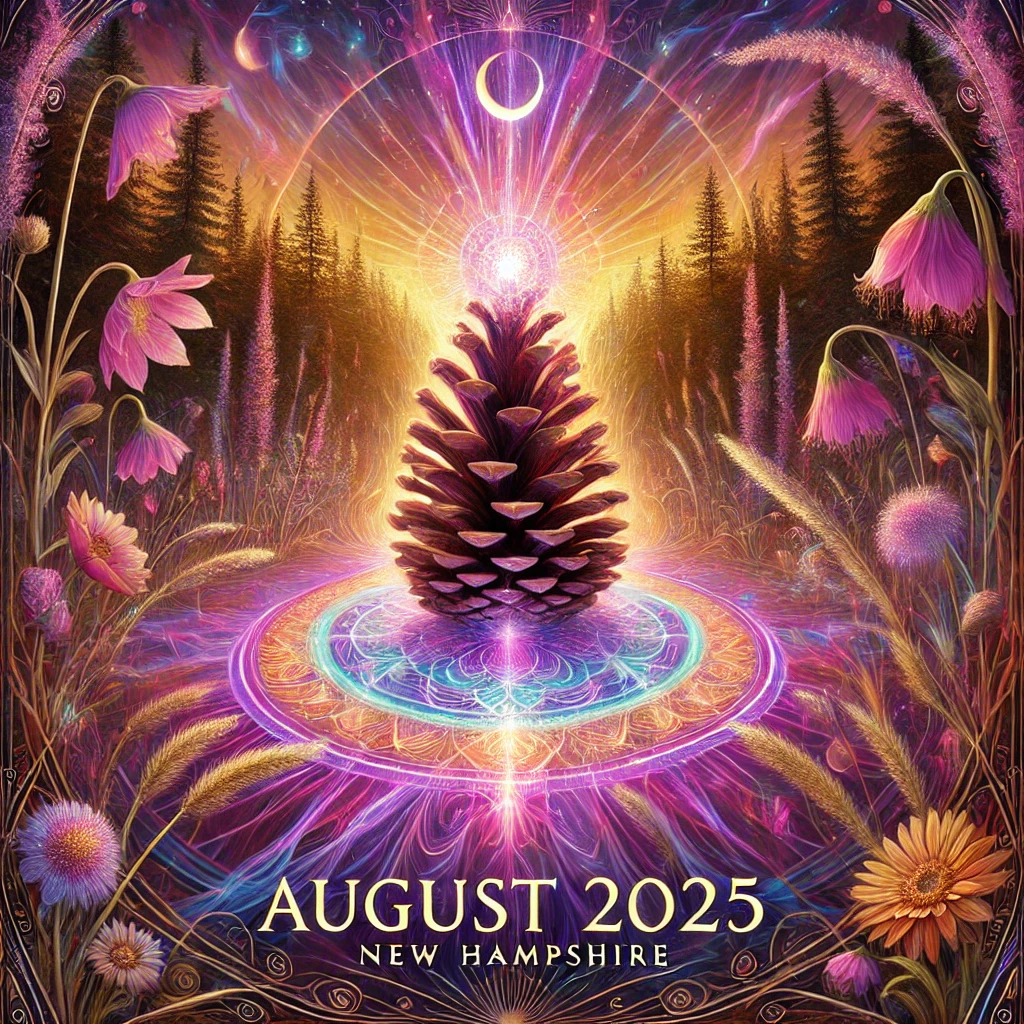You Shouldn’t. You Will: Thrill, Crash, Regret, Repeat… Release
There’s a feeling I want to talk about.
It’s subtle, but once you spot it, you can’t unsee it. A tightening in the chest. A whitening flash behind the eyes. A flicker of electricity that whispers:
You shouldn’t.
And right on its heels, almost overlapping:
But I will.
That’s recklessness.
Not risk. Risk is calculated. Risk involves weighing the odds and making a choice. Risk says: I understand the stakes, and I leap anyway.
Recklessness doesn’t weigh. It lunges.
It says: Screw the odds—I want the feeling.
It’s the half-second rebellion. The dopamine-drenched dare. A thrill for the sake of the thrill.
It’s the moment you go all in… on a bluff.
The Glass Bottle
Not long ago, Louis and I were out with Obi on one of our favorite trails—the one we call the Mountain Laurel Trail. A sacred little stretch a Goffstown friend told us about years ago: dappled sunlight, rustling pines, birdsong, and that hushed hug of the forest. We walk there to breathe. To reset. Sometimes, to swim across the watering hole, past the old rope swing and back.
That day, somewhere along the path, I spotted a discarded Smuttynose bottle—glass, brown, out of place. I picked it up. Litter triggers something in me, some deep desire to restore order, so I grabbed it without thinking.
“Just toss it,” Louis said—meaning, off-trail, out of sight, no big deal.
Now, I knew he didn’t mean smash it. But in that split second, seizing his patriarchal permission slip and waving it like Ron Swanson gif, something twisted in my chest. I knew I shouldn’t. I knew it would shatter.
And I wanted to anyway.
I wanted to smash that fucking bottle.
Not to litter. But to destroy. To hear that sharp, satisfying crack. To break something. For the giddy, childish, naughty joy of it.
I held both thoughts in my head like live wires:
“I shouldn’t.”
“I will.”
And before either voice could win, my arm had already flung it at the rock that juts out beside the pond.
The bottle shattered—loud, final, violent. Louis flinched and pulled Obi’s leash close. I felt the rush.
Then the shame.
That’s it. That’s recklessness.
The split-second where your higher self stands by, mouth agape, while your shadow self dances gleefully on the shards. I want you to notice that feeling. Because once you can name it, you can do something about it.
Legal Recklessness
The Romans had a name for it: temeritas. Acting without regard for the consequences. Not ignorance. Not malice. Just… carelessness cloaked in desire.
In American law, recklessness lives in a similar gray zone. It’s not quite intent, but it’s a whole lot more than accident. If you act with wanton disregard—for human life, for truth, for safety—you cross the line.
It’s the line where free speech becomes defamation. Where an oops becomes a charge. Where “I didn’t mean to” stops being enough.
Legally, recklessness is a choice you could have prevented. And deep down, you knew it.
Which makes it personal. Moral. And hard as hell to face.
Because if you admit you’re reckless, you have to ask: Does that make me cruel? Or just careless? Or maybe something worse… like empty?
Childhood Loops and Landmines
For some of us, recklessness isn’t rebellion—it’s adaptation.
If you grew up in chaos—where rules changed daily, where love came with strings, where discipline dropped from the sky like a surprise anvil—you might have learned to leap before looking.
“I’m going to get in trouble anyway…”
“…so I might as well.”
That logic becomes a loop. A weird kind of safety. A preemptive strike against punishment. You light the match before they can burn you.
And then… it becomes addictive.
Not always to substances—sometimes to chaos. To the surge. To the flash of being bad. To the little hit of dopamine that says: you did something.
The sugar. The cookie. The angry comment. The smashed bottle.
The narrative you build afterward to justify it.
Before I got sober, I was stuck in that loop. Not just with booze, but with everything. I negotiated and renegotiated with myself constantly:
Eat the thing.
Say the thing.
Buy the thing.
Burn the bridge.
I told myself it was freedom. It wasn’t.
It was compulsion cosplaying as choice.
The Gift of Clarity
Quitting alcohol didn’t erase the impulses. It exposed them.
Sobriety handed me clarity. And clarity gave me space. And in that space, I started to see the split.
The leap-before-looking reflex. The flinch disguised as boldness.
I could finally say: Ah. There you are again.
Now, I rarely negotiate with myself. Not because I’m perfect—but because I’m mostly aligned. My thoughts, words, and actions hum in tune.
And when they don’t? Oh, I feel it.
I feel the old circuitry start to warm up. The craving. The itch. That familiar moment when chaos puts on a sexy little outfit and calls herself fun.
But now I can choose.
I can still throw the bottle—but I know which part of me is reaching for it.
Learn the Pause
This is what I want you to take from all of this:
If you find yourself constantly bargaining with yourself—
“Just this once.”
“It’s not that bad.”
“I’ll be good tomorrow.”
—pay attention. That’s not freedom. That’s a loop.
That’s the signal.
Start tracking that flash. That greedy thrill. That moment of reckless glee right before the regret.
If you can pause there—just for a breath—you can change everything.
You can become someone who stops, then acts.
Someone who chooses, not chases.
Someone who lives in alignment… instead of aftermath.
Because real freedom isn’t doing whatever you want.
It’s wanting what you do.
And waking up without having to explain yourself to yourself.
Because you know—and I know—the worst loop is when you don’t even agree with you.
